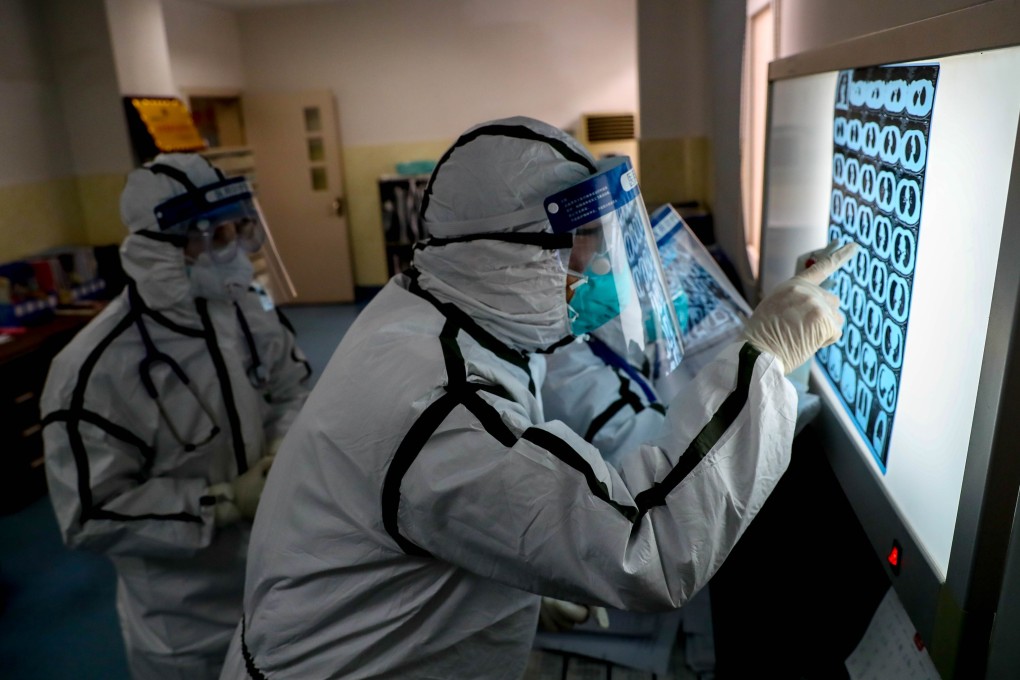China enhances smart health care with first national medical image database
- The project has been approved by the National Health Commission and will be built by the Chinese Society of Radiology (CSR)
- Up to now, medical images were separately stored in hospitals and could only be shared among affiliated hospitals or under agreements

China has initiated a national radiology image database, the country’s first standardised medical image platform, to facilitate the sharing of patient information and take a further step towards smart health care powered by data-trained artificial intelligence technology.
The project, officially initiated at an industry-wide conference over the weekend, will involve 350 to 400 hospitals. It has been approved by the National Health Commission and will be built by the Chinese Society of Radiology (CSR), according to local media Yicai, which cited Liu Shiyuan, chairman-elect of the CSR’s radiology branch.
Radiology imaging, such as magnetic resonance imaging (MRI) and CAT scans, is widely used to help diagnose diseases. CAT scans of lungs have been one of the key methods of detecting Covid-19 cases.
“For now medical images are separately stored in hospitals, and can only be shared among affiliated hospital or if they have agreements. There isn’t a national database yet,” said Isaac Zhou, a professional who has worked in medical imaging for nearly 10 years.
Frank Wong, who directs information management at a county-level medical care alliance, said regional medical data sharing, including imaging, has been pushed for more than a decade in areas like Foshan city, Guangdong province, where he is based.
“Medical data is a valuable tool to avoid misdiagnosis and to help advance clinical research,” he said.